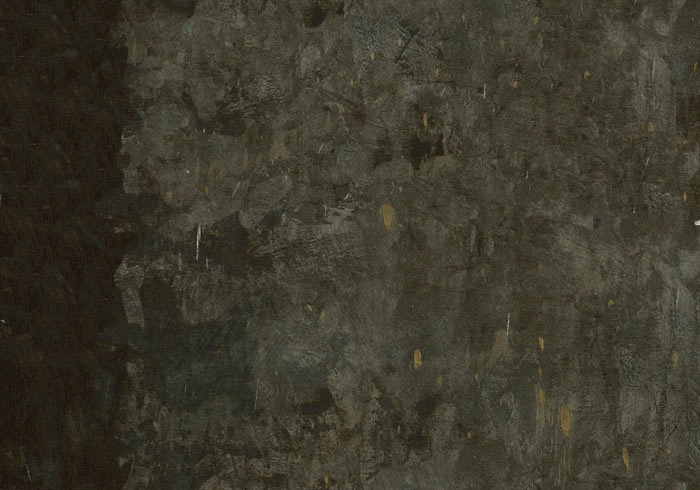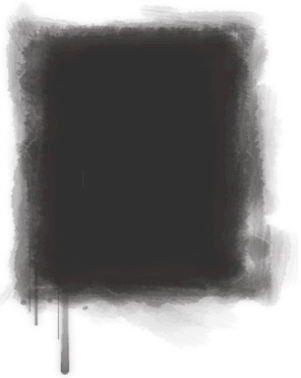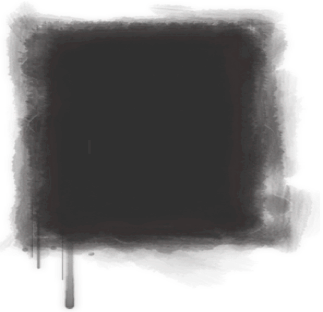In May 1972, the band went into the Mondial Sound Studios in Milan to record their first LP.
Antonio Cagnola had been able to convince Aldo Pagani, a well-known Milan producer and publisher, to be part as executive producer. Basically an excellent idea, but it didn’t come up to expectations. Pagani was only prepared to invest two days, which meant that the LP would have produced much better musical results had the band been granted a more relaxed and reflective approach. Meanwhile, the music had become more experimental and psychedelic, much more difficult to listen to than the single had been. This led to serious controversies with Cagnola and Pagani, but the band insisted on the freedom granted in the recording contract. On top of that, they decided to change the name of the band to give credit to this new musical development. In their view, Analogy was the most important track on the LP, so that was to be the new name.
In early June 1972, the LP was released with a relatively moderate circulation under the title of “Analogy” (PRV 2204). There was also a dispute about the cover sleeve. Nicola Pankoff had produced a piece of art that the band wanted on the cover, but they failed to find approval as the contract did not grant them any say in determining marketing aspects. Cagnola and Pagani insisted on a nude photo, which was shot the same day as the pictures for the Yoice single. Since Mauro Rattaggi has been present during the original photo session, he had to be cut out, and the problem was solved by inserting a blue strip with the band’s name exactly where he stood at the time. Still, the band managed to have the LP wrapped in a poster featuring a footprint – actually one of Pagani’s ashtrays - , which is also to be seen on the back cover of the LP. Promotion left a lot to be desired because Analogy had insisted on their own musical direction, but the press had become increasingly interested, which, of course, helped a lot.
On 26 May 1972, the band appeared for the first time under the new name at the Villa Pamphili open-air rock festival in Rome in front of an overwhelming audience of 30,000 people, a concert broadcast live on RAI Radio 1. A month later, they appeared, together with songwriter Simon Luca, on RAI 1 TV as part of a huge national tour called Cantagiro. Unfortunately, it was also the time of heavy disputes between the band and keyboarder Nicola Pankoff, who insisted that money and not music should have priority. The tension within the band became unbearable, and after a gig at the Palasport in Genoa, Nicola left the band and was never to be seen again until May 2008. The remaining four members were forced to continue without him as contracts had been signed for a tour of Liguria.
Rescue, however, was on its way as the band had already embarked on a new project: Martin Thurn and Wolfgang Schoene had written a concept featuring thematically-linked tracks to be integrated in a Suite. The idea was to combine, emotionally and musically, the world of the Middle Ages and the Renaissance, using Italian lyrics for the first time. During the Liguria tour, they played some of the tracks live and became more and more convinced that this idea could work if they had a classically-trained musician to join them. Although the relationship between the band and Cagnola/Pagani had cooled down to freezing point, and both parties had agreed to terminate all contracts, Pagani rendered them a last service: He knew a young flute player, Rocco Abate (born 1950), a member of the Milan Scala orchestra, who was interested in embarking on new ventures outside the world of purely classical music. He became a friend and eventually a member of Analogy, with his flute giving the band a completely new and final touch. Mauro Rattaggi had meanwhile completed his military service and joined the band again. Since his place on bass had been taken over successfully by Wolfgang Schoene, he was quite happy to take responsibility for sound and equipment, a very valuable contribution.
Without any contract to rely on, the band was looking for a new management and very quickly found Maurizio Salvadori and his Trident Agency, Milan, where the leading progressive bands were under contract. On top of that, Elio d’Anna (later head of Nova), saxophone player with one of the top acts of the time, Osanna, fell in love with the Suite and was prepared to help promote the band. He managed to procure many big appearances, particularly in and around Naples, and put them into contact with the state-owned record company Fonit Cetra. Their A&R manager was ready to produce the Suite, but the board eventually considered the project to be non-commercial and the deal fell through. All of this resulted in the band having slightly fewer but bigger gigs on a national scale, as the audience were looking for spectacular, mystical concerts, which Analogy were able to supply. One example of concerts of the kind was an open-air festival at Castiglione di Stiviere (near Mantova) in 1973, when, during a performance of the Suite, natural thunder and lightening accompanied the appearance of witches and vampires in the band’s music. However, in spite of tours with Curved Air and Atomic Rooster the same year, money was becoming more and more a rare commodity, and Rocco Abate found it increasingly difficult to combine his engagement at the Milan Scala with the band’s permanent activities.
As a result, the last of almost 400 Yoice/Analogy gigs took place at the Moog’s club, Aosta, in November 1973, and the band officially dissolved.



































